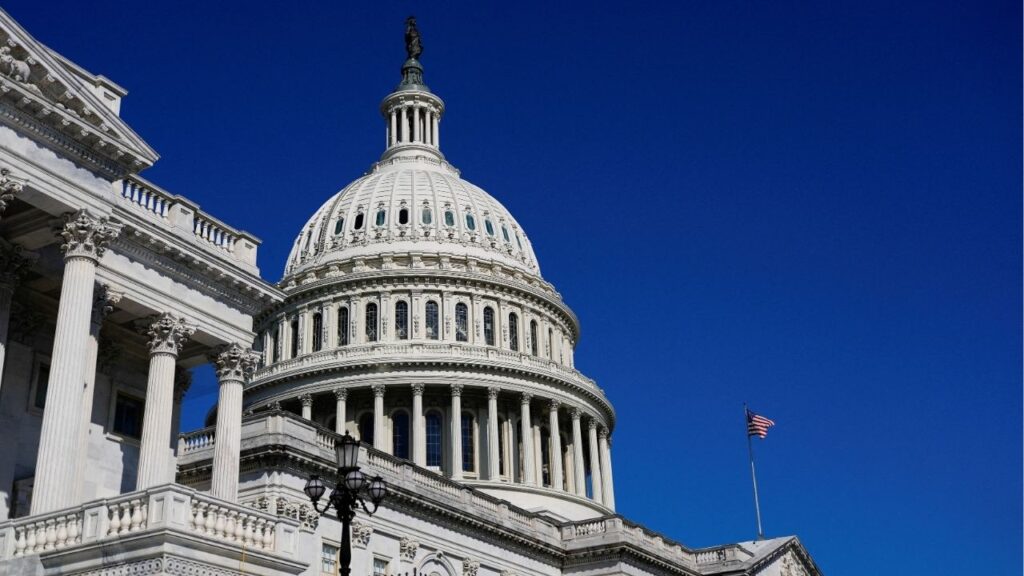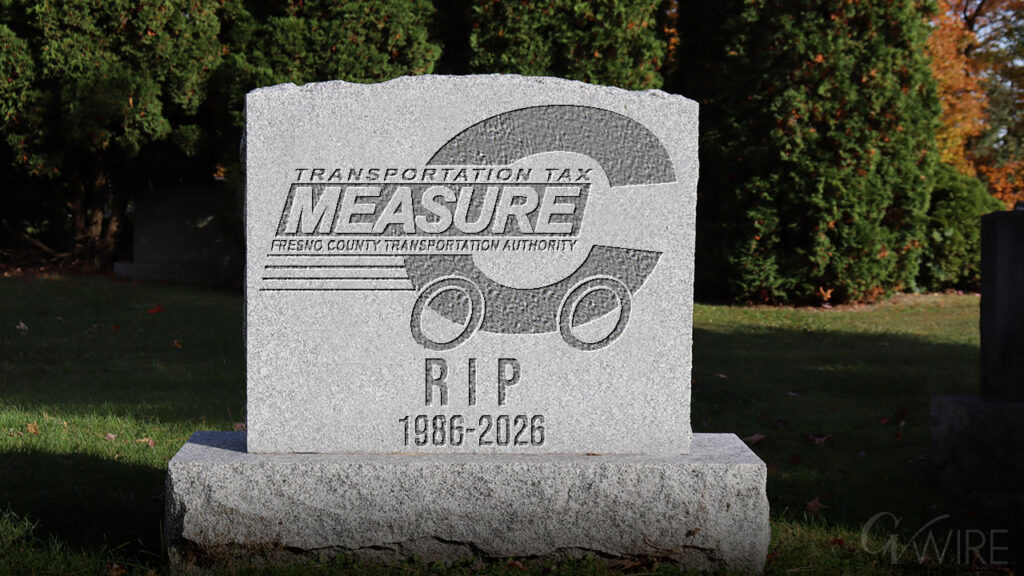Share
As a lifelong free-market conservative, I know it pained many of my fellow Republicans to vote for the $2.3 trillion emergency relief package signed into law last month. The thought that the economy may need an additional $1 trillion or more in federal spending before the COVID-19 pandemic is over to avoid a depression is almost inconceivable.
While the massive size of the burden placed on future taxpayers was unimaginable before the current global crisis, the spending appears justified given the long-term threat to the economy. Unemployment filings skyrocketed in March as more than 300 million Americans came under state and local stay-at-home orders.

Opinion
Dan K. Eberhart
InsideSources.com
The national unemployment rate is already 13 percent — higher than at any point since the Great Depression — and could go above 20 percent if the current nationwide lockdown lasts into summer. About $500 billion of the Coronavirus Aid, Relief, and Economic Security Act (CARES) is going directly to citizens and small businesses that may otherwise be crushed by the end of commerce as we know it.
Calling the CARES Act or the two relief efforts by the Federal Reserve that came before it “economic stimulus,” though, is misleading. It is life support. While the response from Congress and the Trump administration so far has been appropriate, it is only a backstop to prevent economic freefall.
There is little we can do while nearly everyone from Maine to Washington is sequestered and all but essential shops are shuttered. But once people can safely resume their regular routines, we should expect a flood of pent-up demand to help reinvigorate the economy.
Where Congress Is Involved, There’s Always a Risk of Wasting Taxpayer Dollars
As Congress and the White House contemplate injecting a fourth round of spending into the economy, they should invest in projects that ensure the country’s economic foundation is stronger than it was before the epidemic.
Where Congress is involved, there is always the risk of wasting taxpayer dollars. Still, two areas — protecting the energy sector and its supply chain and modernizing the nation’s infrastructure — would pay dividends well beyond the current crisis and leave us in a better position to face future challenges. Doing so would support jobs today and strengthen the underpinnings of tomorrow’s economy.
Treasury Secretary Steve Mnuchin says he expects the economy to bounce back in the third quarter with “very large GDP numbers and low unemployment back to where we were beforehand.” If Congress does its job and passes a stimulus package that is timely and targeted, Mnuchin may be correct about a strong recovery.
Federal stimulus spending is needed because the challenge facing the government is akin to trying to get an overloaded PanAm Clipper airborne. We are going to need more of everything: more fuel, more thrust, and more runway to get our economy off the ground and soaring again.
Oil Sector Hit Hard by the Crises
That’s not just figuratively true. The previous relief efforts passed over the energy sector, but this time Congress should ensure stimulus spending fuels our recovery in more ways than one. Supporting the men and women who supply the power the nation depends on every day is a good start.
The oil sector has been hit particularly hard by the crises, not only because global consumption has plummeted but also due to the ill-timed oil price war between Russia and Saudi Arabia. Small- and mid-size companies are shutting down or filing for bankruptcy as low oil prices make it difficult to keep the doors open. Federal support now will ensure the industry’s workforce and supply chain are ready when demand rebounds.
It’s not just the oil sector, though. The shutdown hurts every corner of America’s energy sector, including renewables, nuclear, natural gas, coal — and the service companies that support them. Congress should avoid choosing sides and help all energy workers regardless of whether they pull energy out of the ground, the sky or an atom.
America’s energy infrastructure is crucial to economic expansion and most of it — more than 80 percent — is privately owned. Companies that produce and refine fuels for the transportation industry, and firms that generate electricity for households and businesses need help keeping their employees and facilities working.
Light at the End of the Tunnel
A fourth stimulus should also support rebuilding the nation’s deteriorating physical assets. An infrastructure package that upgrades roads, bridges, rails, and other transportation infrastructure crucial to the efficient flow of goods and services, as well as improves our strategic energy systems, would put the nation in a strong position to take advantage of whatever comes next.
Infrastructure projects are also job creators. A properly focused stimulus package would put contractors and construction crews across the country back to work building at a time when financing for private projects has dried up.
Despite the importance of infrastructure, Congress has underfunded public projects for decades precisely because of the issue of how to pay for them. If Washington is going to pour trillions of dollars into the economy — money our grandchildren will be paying back for decades — it should pour a little concrete along the way.
However dim the future appears now, there is light at the end of the tunnel. While most Americans continue to do their part by practicing social distancing and upending their work and school routines, Congress should make sure the nation has the modern infrastructure and abundant energy resources to compete when the recovery begins.
About the Author
Dan K. Eberhart is CEO of Canary, an independent oilfield services company. He wrote this for InsideSources.com.
RELATED TOPICS:
Categories

By Killing Renee Good, ICE Sent a Message to Us All


















